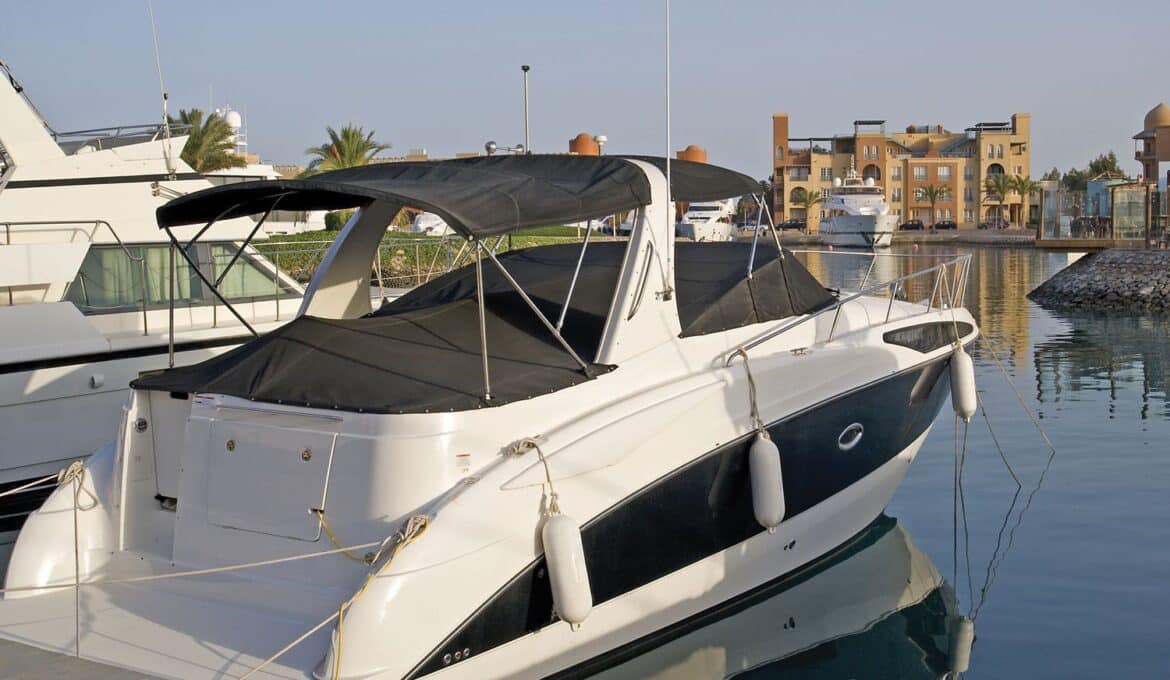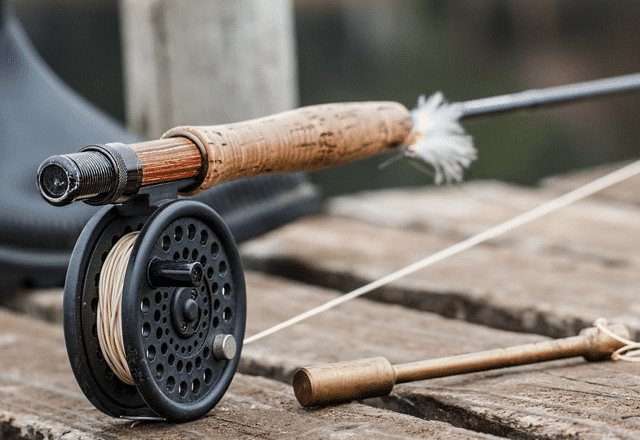Storm season can be a stressful time for boat owners. Every season you must take extra precautions to ensure the safety of you, your boat, and your passengers. The best way to do this is with a detailed plan.
Move Your Boat to a Safe, Covered Location
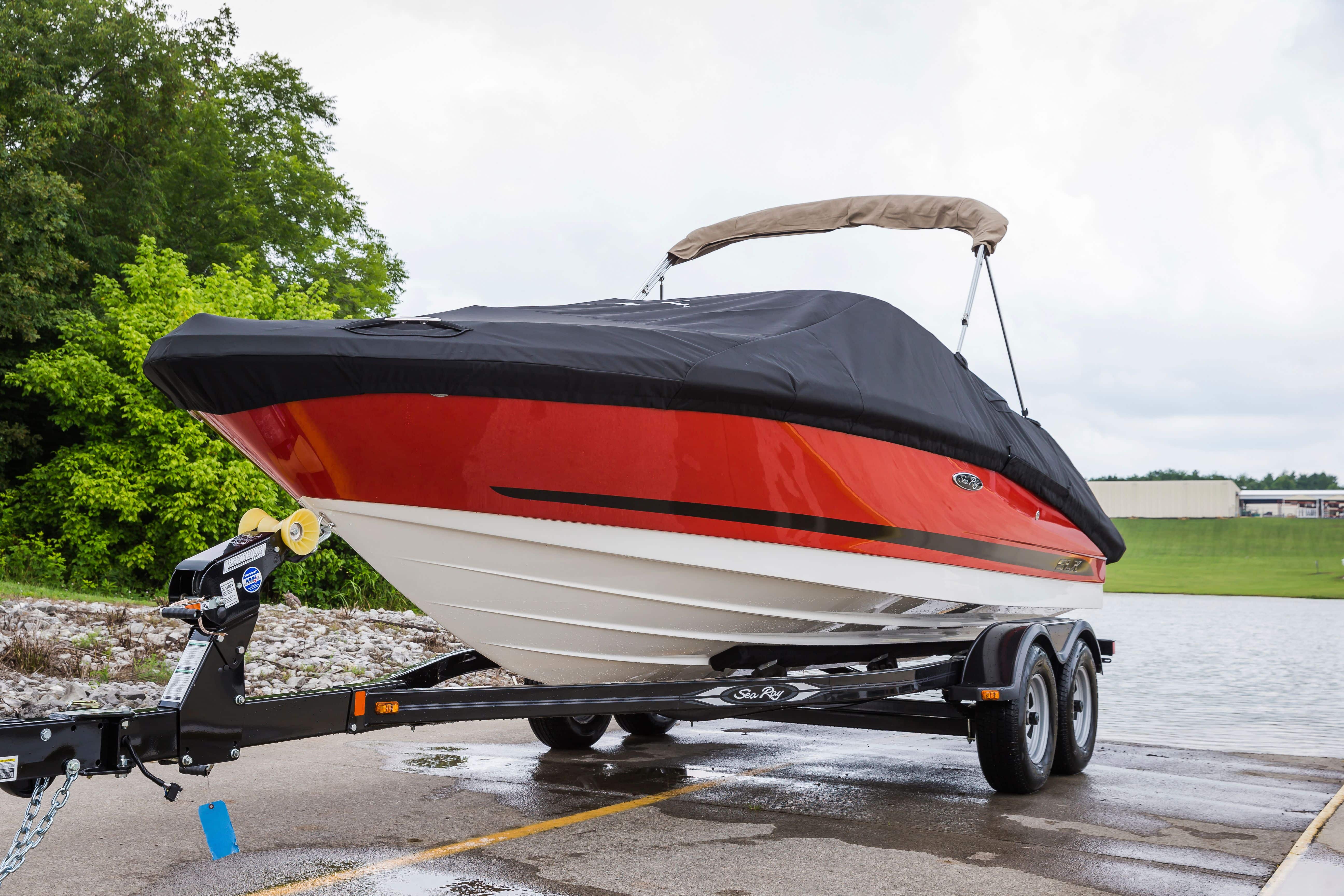
Your first line of defense for big storms should be removing your boat from the water if you have the means to. If you do, make sure both your trailer and tow vehicle are up for the job.
Trailer Maintenance
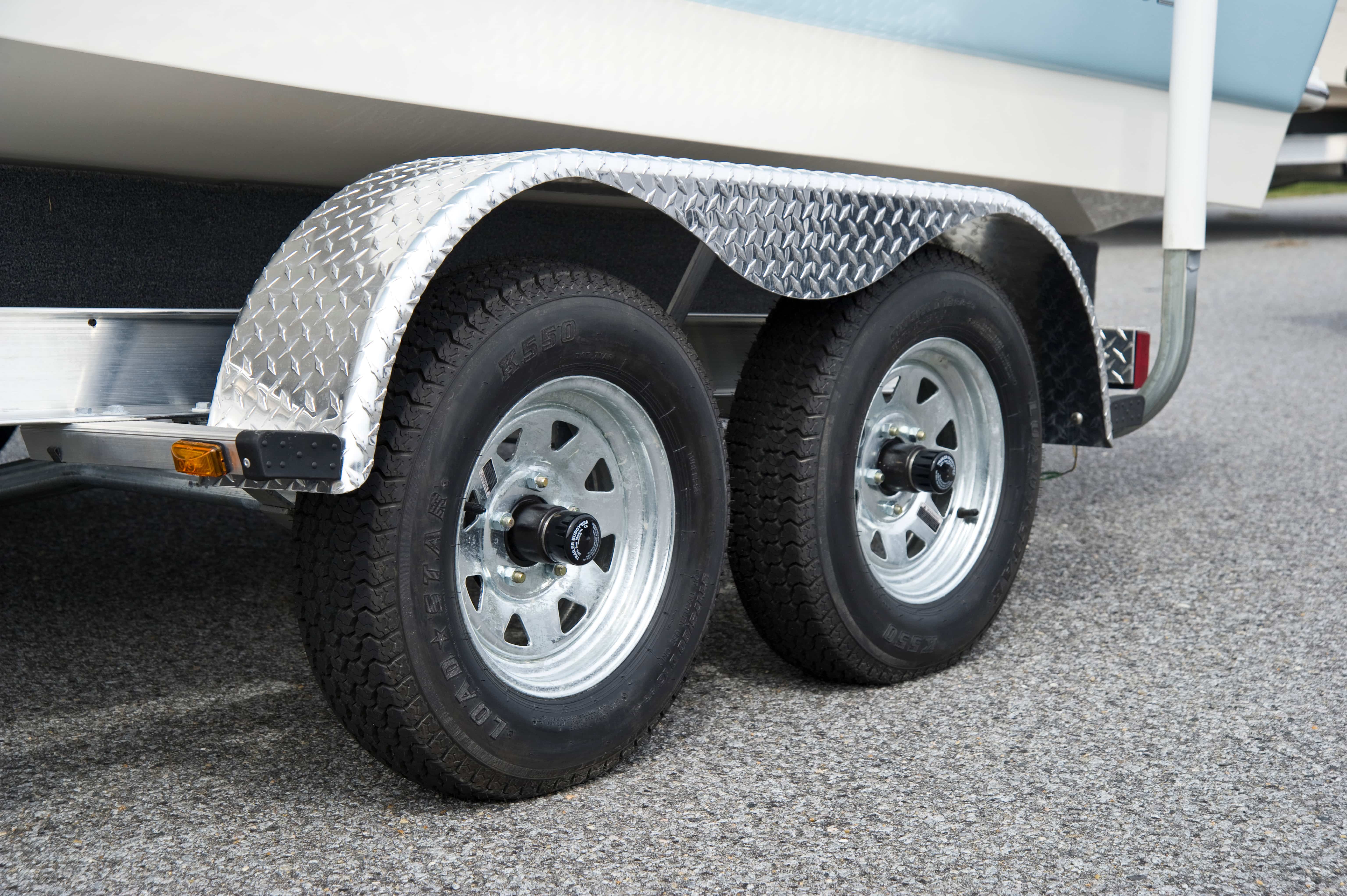
- Tires – Tires are typically the first thing to fail on a neglected trailer, so be sure to check them closely. Small cracks in the sidewall caused by UV radiation can lead to blowouts along with improper inflation. Unlike the tires on your tow rig, which you also should be checking, trailer tires don’t really wear; they age and crack. Therefore, if you have cracks in the sidewall or if the tires are over 6/7 years old (see the date code on the tire sidewall), you should replace them.
- Hubs/Drums – Bearings need to be greased annually so if you can’t remember the last time this was done, odds are it’s time. Any discoloration on the spindle shaft indicates excessive heat and that means you have a bad bearing either from lack of lubrication or damage. You should also check for grease behind the hub to ensure your seal is holding properly. Water in your hub is another sign the grease seal has failed.
- Lights – The best way to check your lights is to have someone stand behind the trailer while you go through each signal in the vehicle. If you find one that is not working, first check to make sure the corresponding fuse in the tow vehicle is in working order, then move to the trailer and look over the bulbs and wiring.
- Brakes – If you have electric brakes, hold the override on your brake controller and have someone listen to the hub; they should hear a “humming” sound if power is getting to it. If you have surge brakes, jack one side of the trailer up and have someone actuate the coupler while the wheel spins. It should stop when the coupler is activated.
This isn’t a complete list of every component you need to check on your trailer, but rather a good place to start, as these are typically the components that give you the most trouble after a trailer has been sitting for a while.
Protect Your Boat if It’s Docked
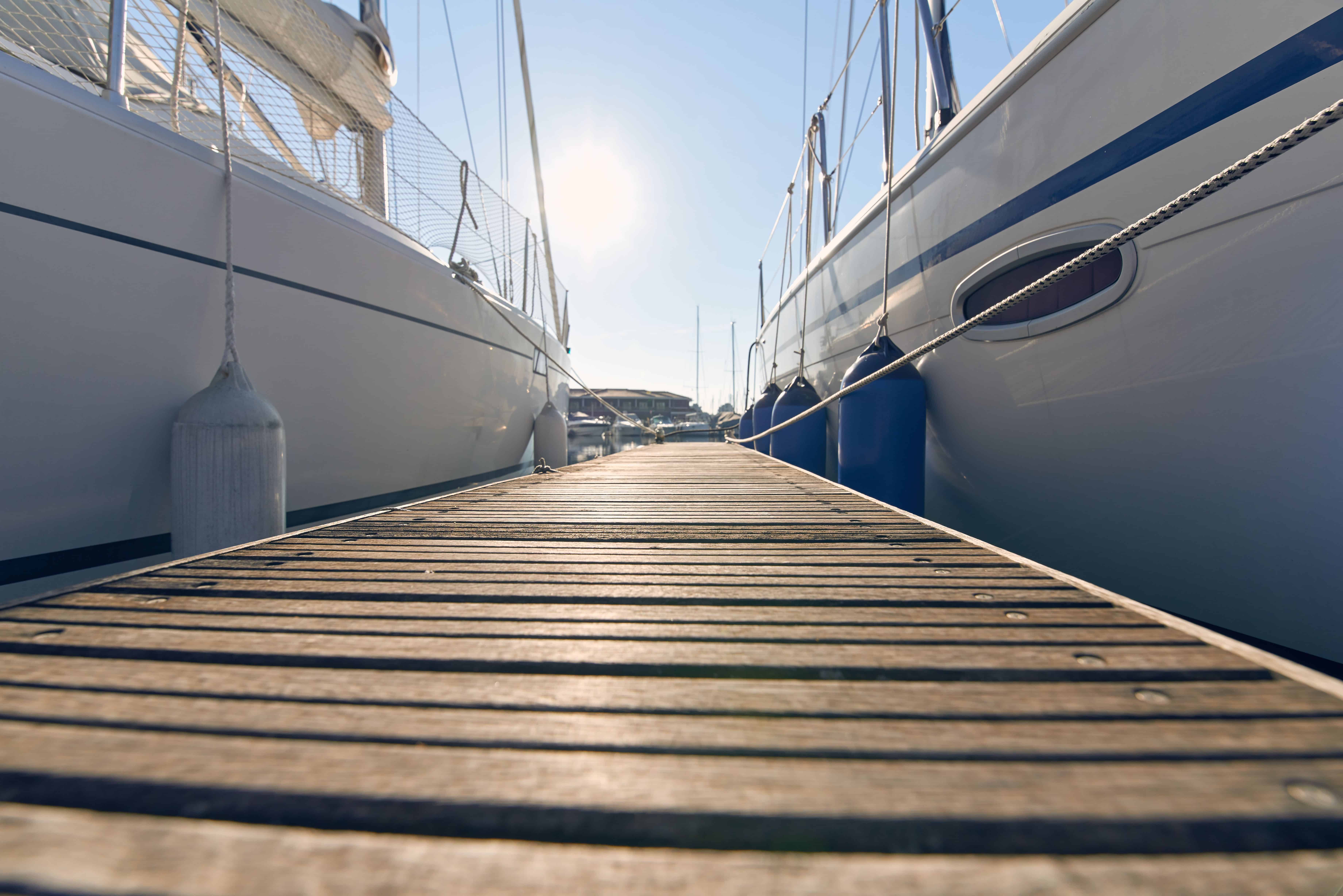
If you can’t remove your boat from the water, you’ll want to make sure you’re taking the proper precautions to secure it to the dock. If you don’t already have them, get some dock bumpers or storm fenders to protect your boat and dock. You might also want to look into mooring whips as an option.
Remember, your boat is only going to be secure if your dock is. Therefore, you’ll want to inspect your dock to ensure there isn’t any rotten lumber, the floats are sealed, the anchors/cables are sound, and the cleats are all secure. If you have a covered dock, you’ll need to check the roof and support structures as well.
If you have a boat lift, it’s best not to store your boat on it during a storm. If you have no other option, reach out to your boat lift manufacturer to see what they recommend for storm preparation.
If you can’t get your boat out of the water yourself and you don’t feel comfortable leaving it at the dock, check with your local marina as many offer dry stack storage.
Check the Condition of Your Boat Cover
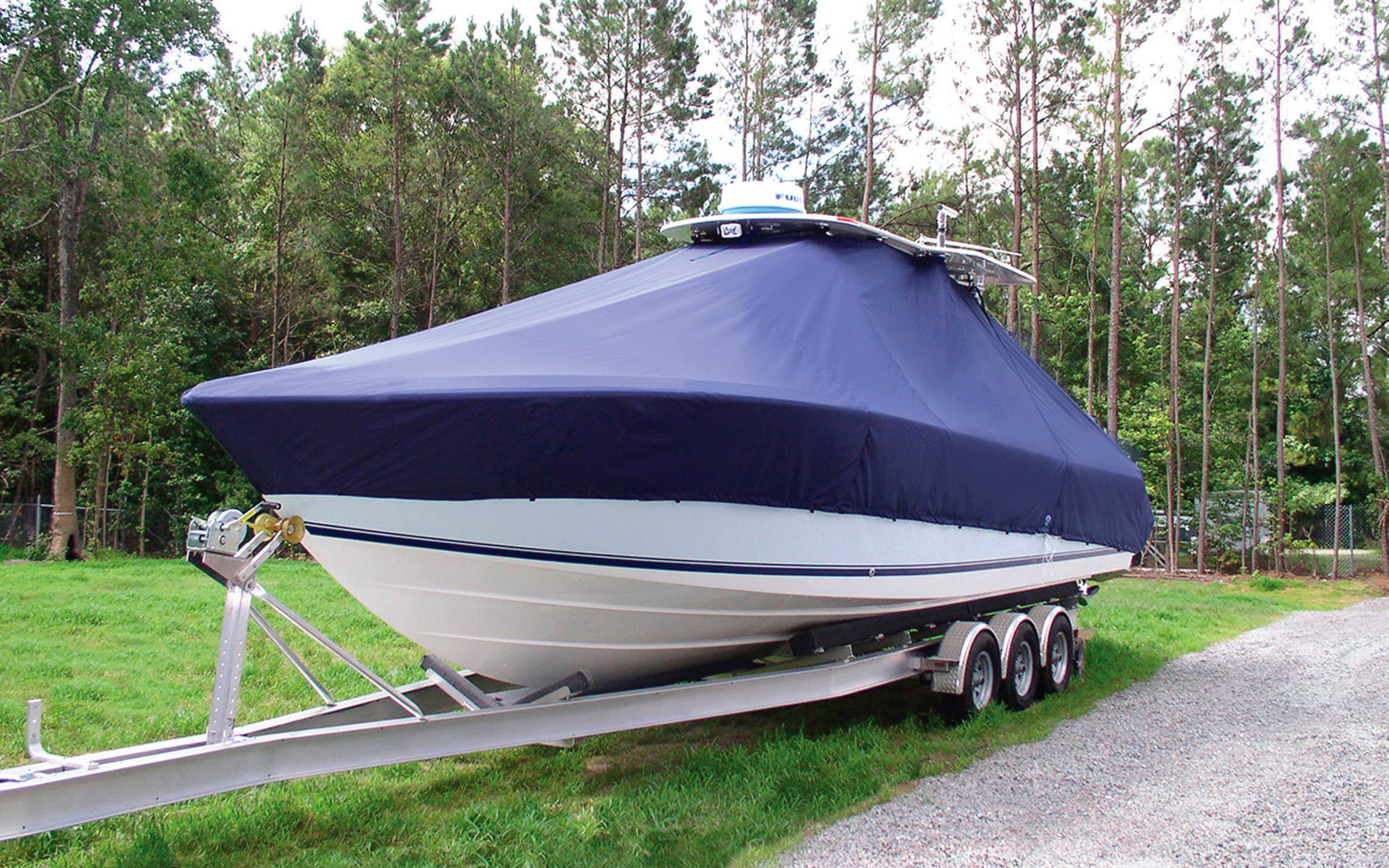
Whether you store your boat in the water, on a lift, or on your boat trailer, you should use a boat cover to further protect it from the storm. Before you throw your cover on and walk away, check the cover for rips, tears, or damage that suggest it might be time to replace your boat cover.
When installing your cover before a storm, it’s essential that it’s secured properly. Take the extra time to tighten bungee cords and secure straps, depending on the design of your cover. If you need a more weather-resistant cover, find a model that comes with a tie-down kit featuring additional straps to help keep your cover in place when it gets really windy.
Additionally, if the storm that just rolled through came with a lot of precipitation, check your boat cover, as soon as it’s safe, to remove any water that has pooled on top of the cover. Pooled water puts extra strain on boat covers and can eventually cause them to tear. You can also install a boat cover support that helps shed water and prevent pooling.
Monitor the Weather Early and Often
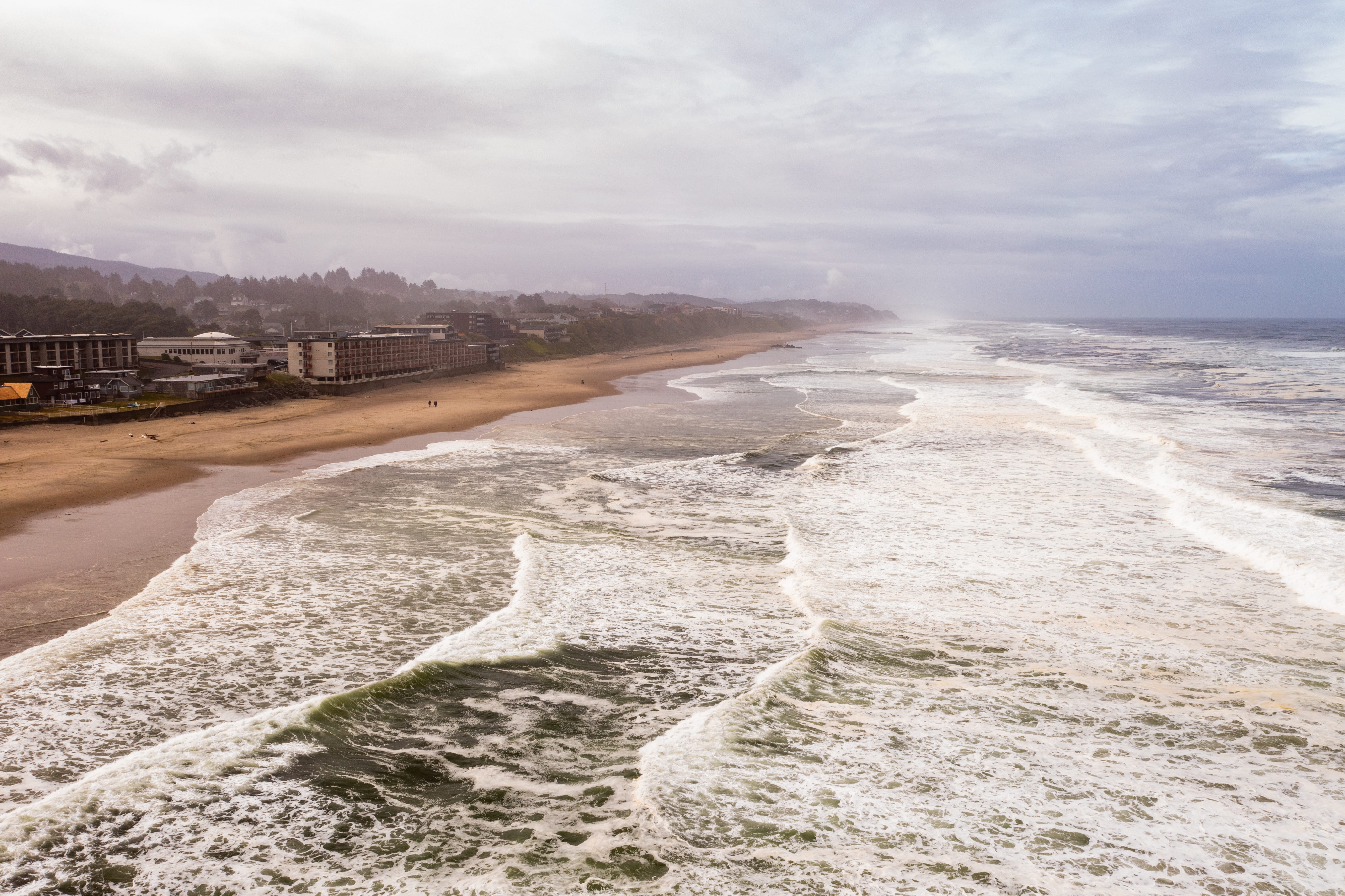
You can still enjoy beautiful days on the water during storm season, but you will need to be more prepared in case the weather takes an unexpected turn. Utilize technology to your advantage and check weather broadcasts before and throughout your boating day.
Checking the forecast the night before is important to help you pack and prepare for your trip. Don’t forget to check again first thing in the morning. The weather outlook can sometimes change dramatically overnight, especially during storm season.
To monitor weather broadcasts, you can use a handheld VHF marine radio, install a new marine stereo with AM/FM capability, or add marine radar to your boat. You’ll still need to find the right frequencies in your region to tune into weather reports and emergency updates, but any of these additions will help you stay ahead of impending weather shifts.
Maintain Emergency Boat Supplies
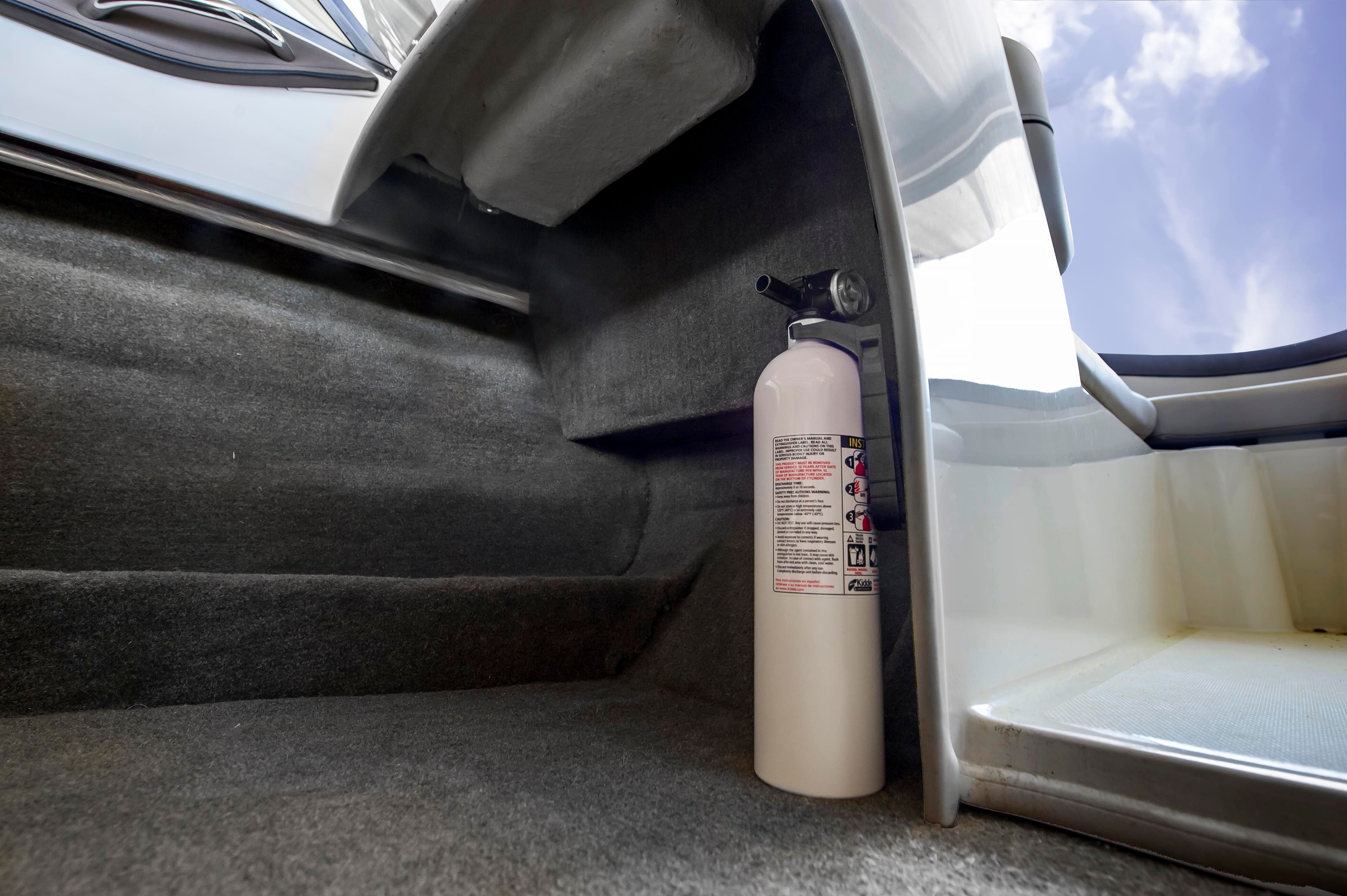
An old saying goes, “It’s not a matter of IF something will go wrong, but it’s more a question of WHEN it will happen.” Without being too negative, the takeaway is that advanced preparation is critical to your safety and the safety of your passengers when the unexpected occurs.
If you’ll be boating throughout the storm season, ensure your boat is equipped with the right emergency supplies. Also, check that those emergency supplies aren’t expired, such as fire extinguishers, first aid kits, and signal devices like emergency flares.
Here are a few tips on how to prepare your boat for storm season by maintaining emergency boat supplies:
- Ensure your boat is always equipped with the correct number of life jackets for the number of passengers onboard.
- Check the condition of emergency throw cushions and other throwable rescue gear.
- Verify that your boat’s lettering and registration numbers are updated and clearly displayed.
- Make sure you have an emergency paddle and telescoping boat hook onboard.
Additional Tips on How to Prepare Your Boat for Storm Season
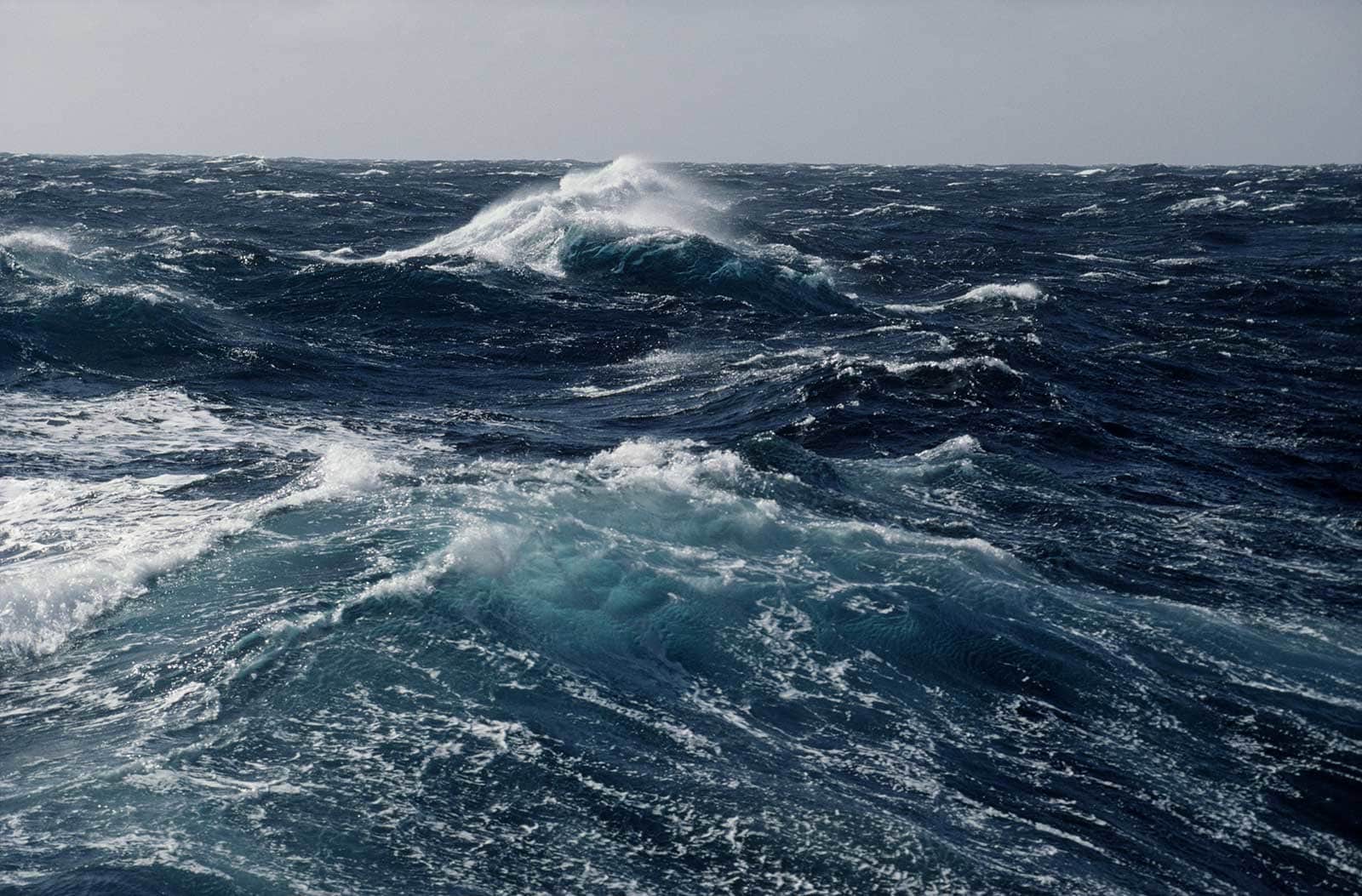
Depending on your location and the severity of the storm season there, here are a few more tips on how to prepare your boat for storm season:
- Understand your liabilities and responsibilities. If your boat is stored in a marina, contact management to understand what they cover and what you’re responsible for. You should also be sure you understand exactly what your boat insurance covers in the event of damage or loss.
- Create a boat inventory. Document everything that you have stored on your boat before the storm hits. Video or photographic evidence is really important if you have to file an insurance claim.
- Secure important documentation. Make sure your boat registration, title, insurance policies, inventory, and marina lease agreement (if applicable) are stored safely and securely. Keep copies of these documents stored in a waterproof container onboard and in a fireproof box somewhere at home.
- Know who to call in an emergency. Keep a list of key contacts such as your local Coast Guard station, marina management, emergency towing providers (both on and off the water), and your insurance agent.
The more you know how to prepare your boat for storm season, the more you can avoid stress and the possibility of financial damage when a storm does hit.
Do you have any additional tips on how to prepare your boat for storm season? Share them in the comments below!

